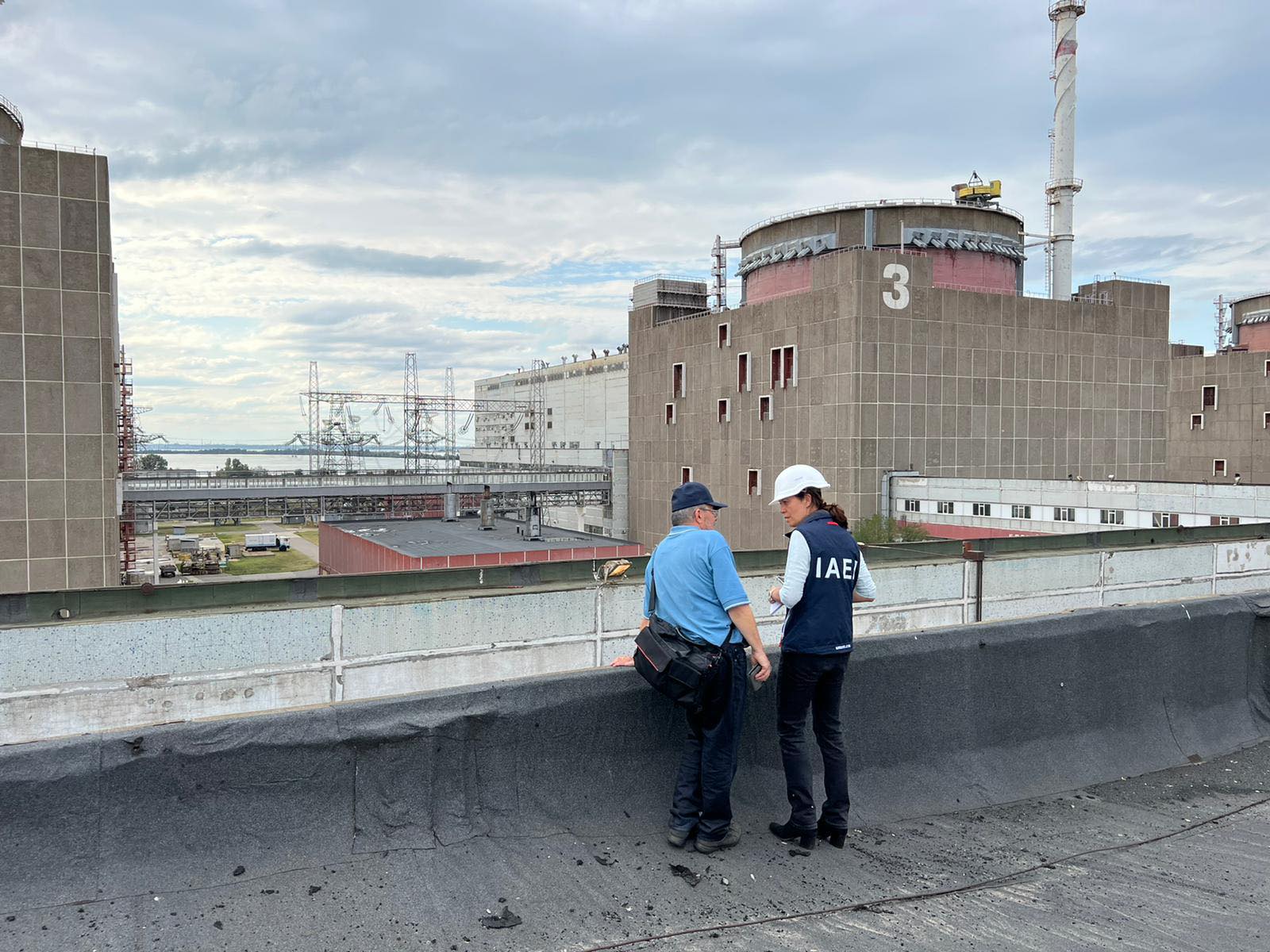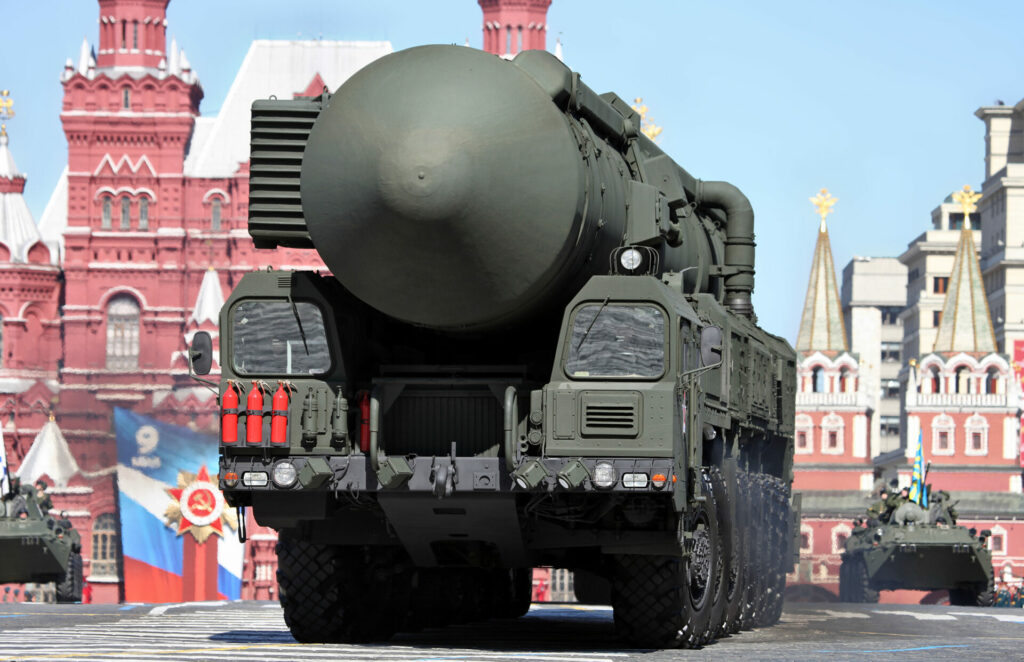The European Union has condemned in the strongest possible terms Russia’s official revocation of the Comprehensive Nuclear-Test-Ban Treaty (CTBT) agreement on Thursday.
"The European Union deeply deplores this decision by Russia," said the EU High Representative for Foreign Affairs Josep Borrell after Russia signed into national law the CTBT revocation.
"This takes place in the context of its illegal war of aggression against Ukraine and after months of irresponsible nuclear rhetoric and threats, some specifically pointing at a resumption of nuclear tests," Borrell said. The EU is calling on Russia to continue to "respect the purpose and the objective of the Treaty".
Putin signed off the law on Thursday which dictates the end of nuclear explosions of all kinds. The Russian President has justified the move in order to achieve strategic parity with the United States, which signed but never ratified the agreement.
On Thursday, Russia accused Kyiv of "risking nuclear disaster" after Ukrainian drones were shot down near the Russian-occupied Zaporizhzhia power plant in Southern Ukraine.

IAEA Support and Assistance Mission to Zaporizhzhya (ISAMZ) 1 September 2022. Credit: IEAE / Flickr
The International Atomic Energy Agency (IAEA) was forced to intervene and send observers to ensure the facility's safety in March 2022. This week, the IAEA described the nuclear safety at the plant as "precarious".
Nuclear rhetoric
The Russian President has made several nuclear threats since the Russian invasion of Ukraine. In a September 2022 speech, he said that if the territorial integrity of Russia is threatened, the Kremlin would "certainly use all the means at our disposal to protect Russia and our people. It is not a bluff."
Related News
- NATO confirms Belgium-based nuclear deterrence exercise
- Justifiable by any means? Nuclear expert reflects on Hiroshima and Nagasaki legacy
- 'We must eliminate nukes before they eliminate us,' medical experts warn
At the time, the Executive Director of the International Campaign to Abolish Nuclear Weapons (ICAN), Beatrice Fihn, called the speech dangerous and irresponsible: "Nuclear threats are unacceptable at any time, by anyone. Putin’s threats increase the risk of escalation to a nuclear conflict."
The CTBT remains an essential cog in the anti-nuclear proliferation machine. It is seen as being of crucial importance to nuclear disarmament and non-proliferation. All 27 EU Member States have ratified the agreement. While the treaty was passed in 1996, it never came into effect because eight major countries, including the US and China, never ratified it.

